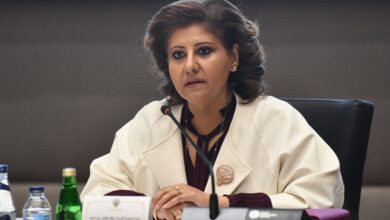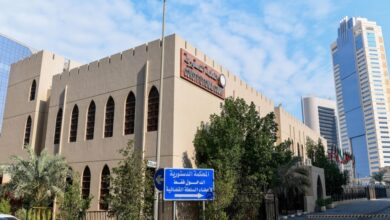
• The Ministry of Education’s first stage includes printing study certificates and academic transcripts for previous Kuwaiti students. Upon request, a certificate can also be issued confirming non-attendance in Kuwait. These services will be facilitated through GCC cultural offices.
The Ministry of Education is enhancing the security of study certificates by establishing a joint electronic link with GCC countries for shared services, as part of its effort to combat forged certificates. This initiative will be implemented in two stages, according to Al Rai newspaper.
In a move aimed at combating negative phenomena, manipulation, and forgery processes, as well as enhancing cooperation and integration among GCC countries in e-government, the Central Agency for Information Technology, representing Kuwait in the meetings of the Executive Committee of e-Government and its working teams, has requested several ministries and government agencies to submit proposals for joint e-services between Kuwait and the GCC countries.
In its response to the device, the Ministry of Education proposed that the services be shared in two stages:
The first stage involves printing study certificates and academic sequences for those who have previously studied in Kuwait. Additionally, a certificate of study can be issued upon request, stating that the person did not study in Kuwait. These services will be provided through cultural offices in the Gulf Cooperation Council countries.
The ministry explained that the purpose of these services in cultural attachés is legal, as “certificates must be approved by the State of Kuwait, and certificates require fees. Additionally, this will help reduce criminal activities related to forged certificates.”
The second phase, conducted through the ministries of education in the Gulf Cooperation Council countries, involves the transfer of students between countries, the recruitment and transfer of teachers as needed, and the registration of new students.
The working group of “common electronic services” in the information technology department held several meetings recently to discuss the proposal for a list of important common electronic services to be implemented in the GCC countries.
This team aims to identify common e-services among GCC countries that contribute to achieving the vision of member states, enhancing the role of secure e-government in sustainable development, and improving the efficiency of the public sector while fostering Gulf integration.
The authority welcomes electronic services proposed by ministries and local government agencies for inclusion in common services, provided they demonstrate technical readiness and consider their potential impact on GCC citizens, along with feasibility of implementation.












